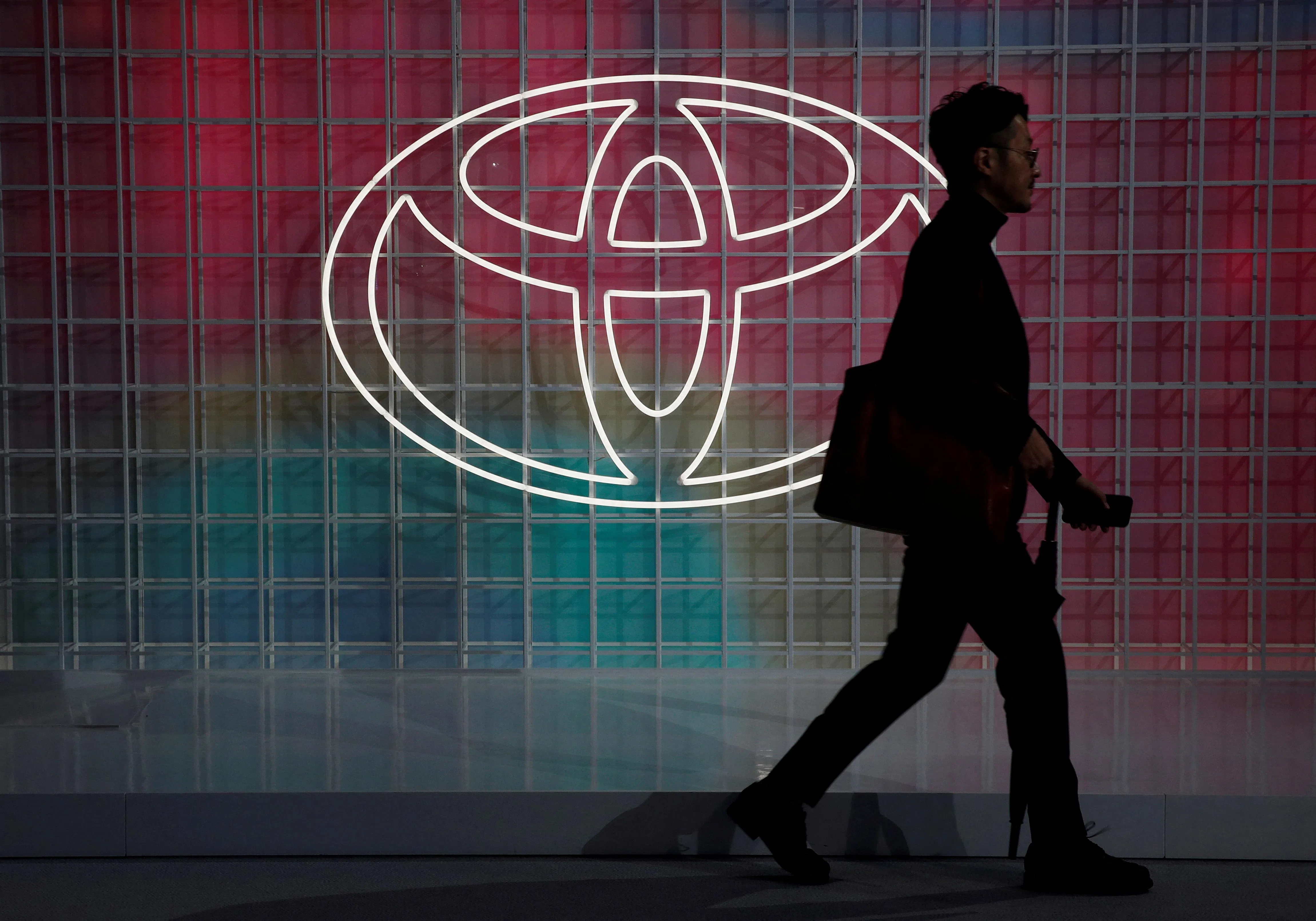AKIO Toyoda was reappointed as Toyota Motor’s chairman at its annual meeting, but the Japanese carmaker faced tough questions from shareholders over governance and an ongoing probe of vehicle safety certifications.
Stockholders also voted against a motion urging Toyota, the world’s biggest auto manufacturer, to be more transparent about its lobbying activities, namely its pushback in several major markets against electric vehicle (EV) mandates and stricter emission regulations.
Although Toyoda’s re-election on Tuesday (Jun 18) was widely anticipated, the percentage of approval he garners from shareholders is seen as a sort of referendum on the company’s management and strategy. While robust demand for hybrids has bolstered for now Toyota’s cautious go-it-slow approach to full electrification, cases of fraudulent vehicle certifications among Japan’s automakers have also weighed on the company ahead of the meeting.
“Governance is about oversight, control and management,” Toyoda said in response to a shareholder’s question on Tuesday. “We need to transfer authority back from top management to the factory floor, so that everyone can partake in the decision-making process.”
The exact tally of shareholder votes, which will not be released until Wednesday, will be seen as an indicator of the strength of support for Toyoda, which stood at a record low last year.
Earlier this year, two of Toyota’s affiliates were reprimanded by regulators for similar certification issues. Toyoda, the grandson of the company’s founder, vowed in January to rebuild customer trust and called on the entire group to “return to basics”. Yet, the new crop of certification issues, which forced the transport ministry to suspend shipments of six models across five carmakers, has overshadowed Tuesday’s annual meeting.
GET BT IN YOUR INBOX DAILY
Start and end each day with the latest news stories and analyses delivered straight to your inbox.
In May, Institutional Shareholder Services and Glass Lewis advised investors to vote against Toyoda’s reappointment, pointing to the certification problems and a lack of independence on the board.
The California Public Employees’ Retirement System, the biggest pension fund in the US, and California State Teachers’ Retirement system have voted against the reelection of Toyoda, as well as chief executive officer Koji Sato.
Sato apologised for the certification issues. “We manufactured and sold cars without following proper certification processes,” he told shareholders. “We are working to revamp that culture.”
Shareholder meetings in Japan, which usually peak in June, are often pro forma affairs, with company-backed directors frequently winning solid majorities. Although individual investors are often vocal – both in their support and criticism of management – the annual gatherings have also become a forum for institutional shareholders to draw attention to issues of climate change and corporate governance.
Last year’s shareholder meeting became a de facto referendum on the company’s EV strategy, after some opposed Toyoda’s reappointment, arguing it was his “multi-pathway approach” that caused it to fall behind global rivals in the EV shift.
Toyota has long been criticised for striving to offer customers an array of options by pursuing the development of multiple powertrains, including internal combustion engines, battery-electric motors and hydrogen fuel cells. In May, it revealed prototypes of so-called carbon neutral engines capable of running on multiple kinds of fuel.
Emboldened by a rebound in the popularity of hybrids as growth in the EV market stalls, Toyota and its domestic competitors say the internal combustion engine still has a role to play even as the industry rushes to ditch fossil fuels. BLOOMBERG







